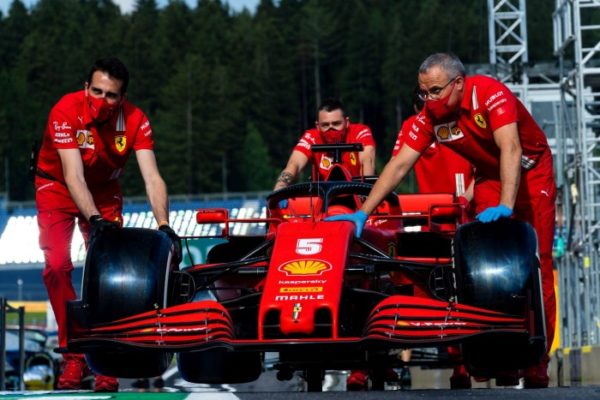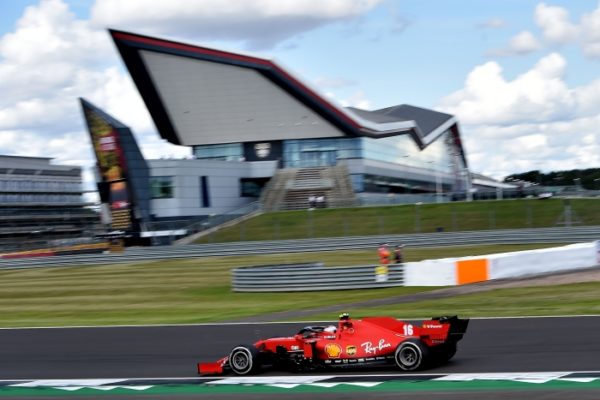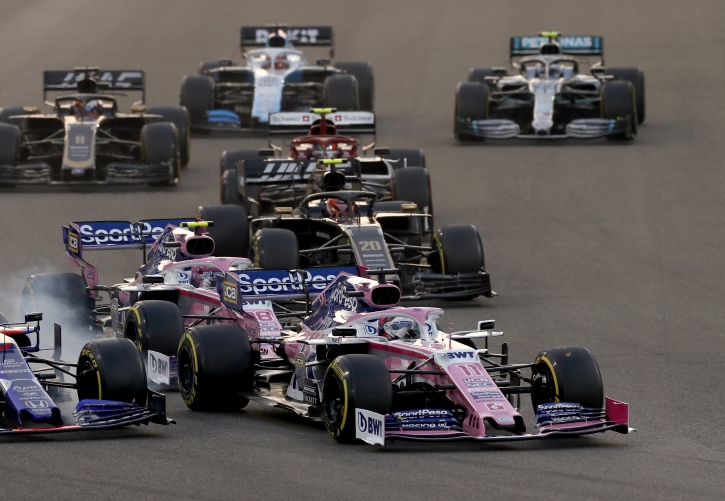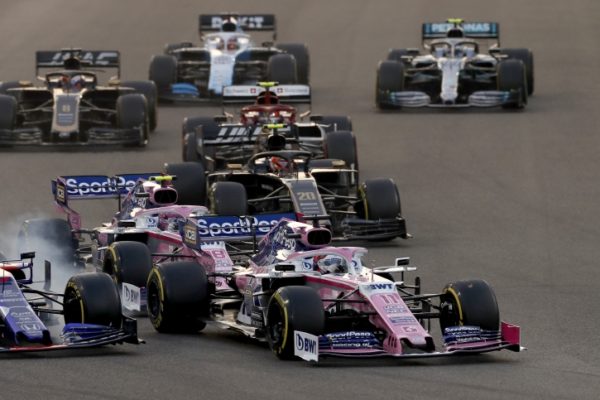In the now very hot debate about whether or not McLaren is doing the right thing by appealing the stewards’ “cool fuel” decision, as well as the debates about the punishment certain drivers failed to receive over the course of the season for numerous “small” transgressions, most punters in favour of McLaren are now returning to race one of 2007 – Melbourne.
“But look”, they say “Ferrari raced with an illegal, felixible floor in Melbourne, and they got away with it!”. They will further state that McLaren made their protest in a very sporting way, by seeking “clarification”, rather than lodging a protest.
And yes, all of that is true, not to mention the fact that McLaren brought this issue to the attention of the FIA two days prior to the race – on March 16.
It’s a pointless argument though.
Why? Because the FIA had, prior to all of this, declared Ferrari’s floor legal. In other words, Ferrari had submitted the design to the FIA for scrutiny, as it had to, and been told it’s OK to race with that floor.
Once the “clarification” was sought, the rules weren’t changed either. All the FIA changed was their method of testing. This meant Ferrari’s floor, which had been declared legal by the FIA, was suddenly illegal and they had to change a fundamental part of the design of their car before the next race. The effect was there for all to see at Malyasia, the next race, where McLaren took a 1-2.
So, is it fair to expect that a “clarification” sought two days before the start of a race, on the day of qualifying, can be properly investigated on race weekend? That it should result in an instruction to change the car before qualifying, or the race, starts? An instruction to change a part of a car that is, as far as the team has been told by the powers that be, legal? Is it fair for the team who sought the clarification to say that they will not appeal the result solely “in the interests of the sport”? Is it even plausible to call the result of the race into question at all, following a post-race change in how a regulation is measured? And following all of those questions, is it in the realms of sanity to compare the two situations? Then and now? To say that McLaren were disadvantaged by this episode?
The question of where McLaren obtained the information on which they based the action, of course, also remains.
Edu de Jager
DailyF1News.com
For all the columns by this author, click here






